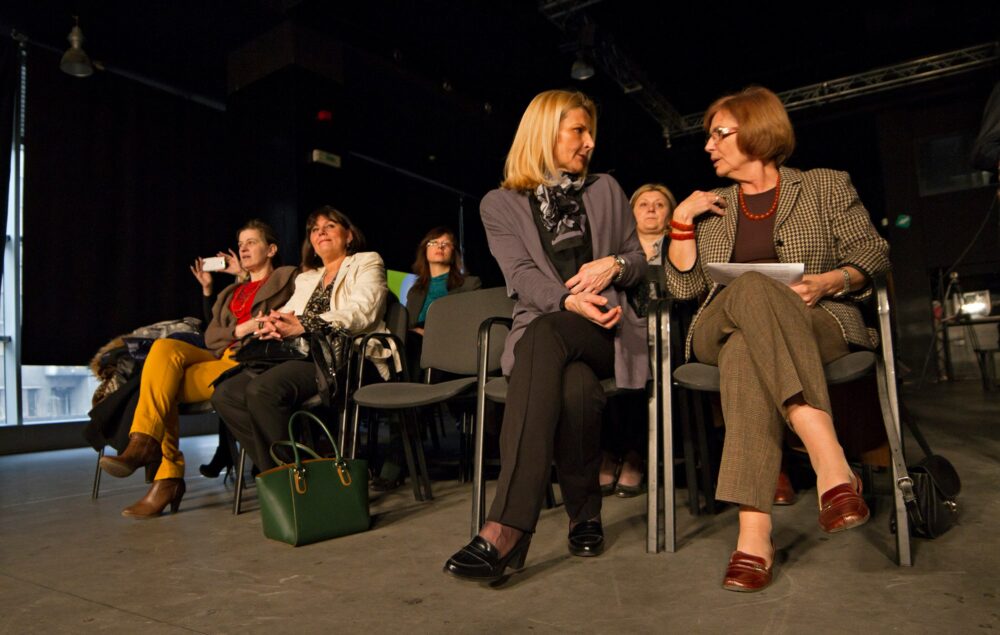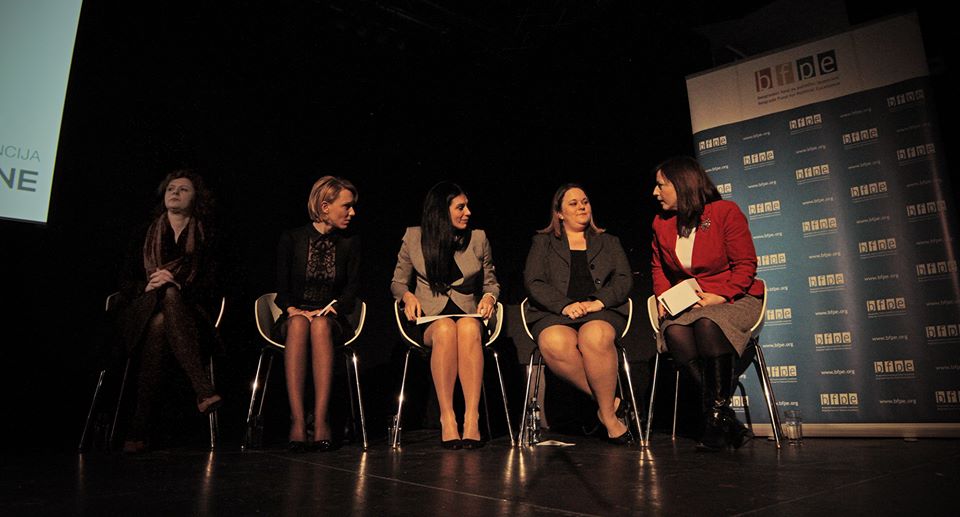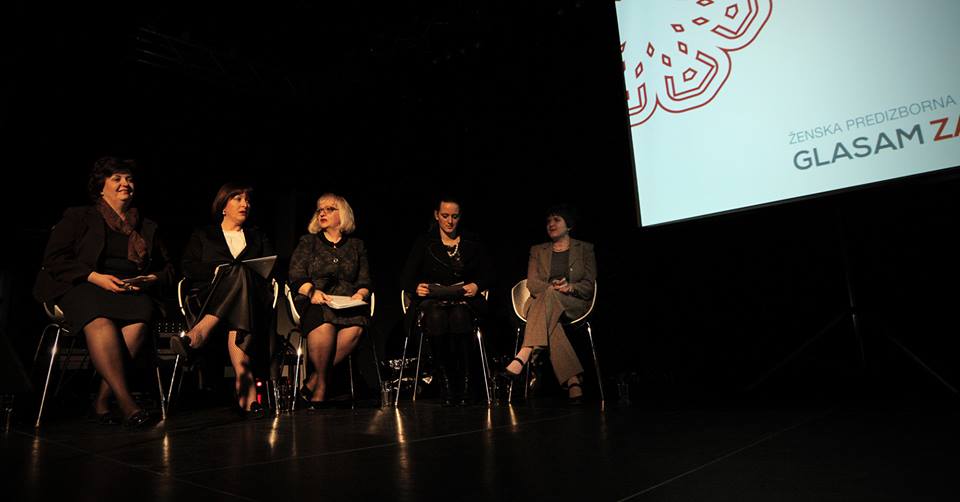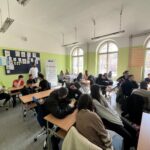All the representatives of the political parties that took part in the women’s pre-election convention agreed that the economic empowerment of women, combating violence and discrimination, as well as encouraging women to actively participate in the public life is of the utmost importance for the further democratic development of the society. The Convention organized by the Belgrade Fund for Political Excellence and Women Parliamentary Network was an opportunity for the representatives of ten political parties to explain their views of further improvement of the position of women in Serbia in three-minute presentations.
“Good news is that Serbia ranks the first in the region in the number of women MPs, but a number itself is not sufficient if there is no effort to truly include women in social life,” said Marijana Pajvančić, Professor of Law, University of Novi Sad.

Tanja Miscevic, Head of the negotiating team for Serbia ‘s accession to the European Union, who also participated in this meeting, said that women know very well what reforms are needed in our society, not only for the sake of joining the EU, but for the sake of our own progress. “Our mission should be to improve the implementation of the good laws we have in place.”
The politicians addressed the audience in alphabetical order.
Donka Banovic from the Democratic Party of Serbia said that it is important to have the budget funds allocated for implementation of actions aimed at improving the status of women. “If we lack the money in the budget for such activities, then we are not seriously committed,” she added.
The Serbian Progressive Party, said Stana Bozovic, is advocating for increasing the number of women in decision-making positions, adding that comprehensive reform should lead to the improvement of the position of women in society.
“There are 103 women on the list of the New Democratic Party and this is the best proof of how truly committed we are to the greater participation of women,” said Biljana Hasanovic Korac.
The Democratic Action of Sandžak was presented by 22-year-old Selma Hodzic, who explained that, according to her, “to be a feminist in order to achieve gender equality really just means being someone who fights for human rights.”
Elvira Kovacs from the Alliance of Vojvodina Hungarians said that the party would be engaged over next year in creating a network of supporting socially disadvantaged residents, among whom many are women.
“Through a coalition with the Democratic Union of the Bosniaks from Sandzak we will be able to introduce the first Bosniak women to the Parliament“, said Natasa Micic of the Liberal Democratic Party in her address.

For the socialists, said Stefana Miladinovic of the Socialist Party of Serbia, the most important test of any society is the equality test. She pointed out that, being part of the Women Parliamentary Network, often made them proud of the fact that the Serbian Parliament is among the top 10 in Europe in the number of women.
Jasmina Nikolic, a representative of the list “That is Enough” emphasized that it is extremely important for women to dare to take life into their own hands and that the economic empowerment is a way to achieve it. It is important, she said, for women to acquire entrepreneurial competences.
Jelena Travar Miljević of the United Regions of Serbia recalled that this party has the highest number of women in their parliamentary group, which is a clear evidence of their attitude towards the importance of participation of women in politics.
The Democratic Party, according to Natasa Vuckovic, perceives the economic empowerment, combating violence and discrimination as priorities in the struggle for the advancement of women, especially in the view of Serbia ‘s EU accession processes.
Convention was also attended by Ambassador Michael Davenport, Head of the Delegation of the European Union to Serbia.
Women Pre-election Convention was organised as part of “Women for Democracy and Equality”, a two-year project implemented the Belgrade Fund for Political Excellence supported by the European Union, the Embassy of Finland and the OSCE Mission to Serbia.













